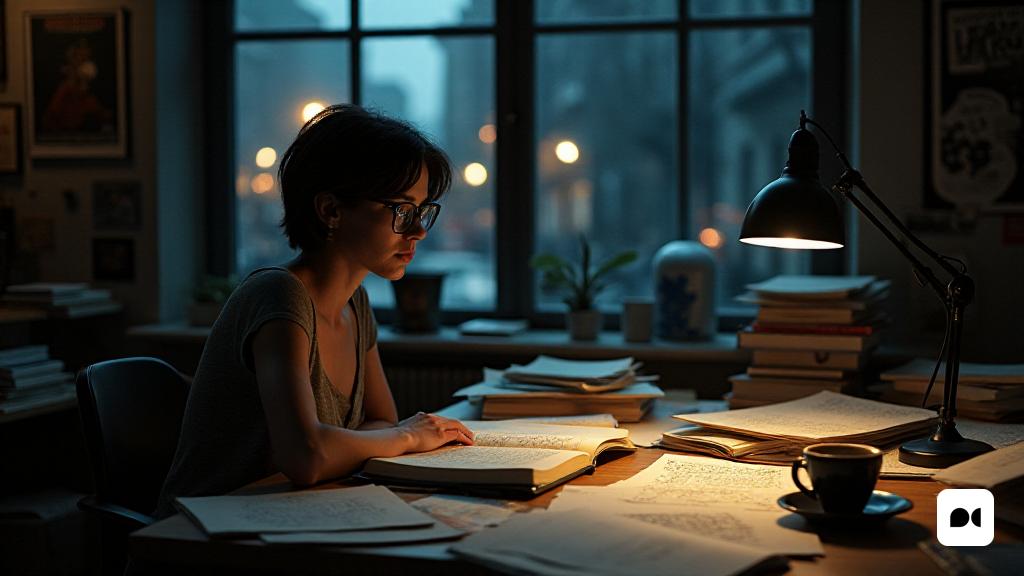Unearting the protocols that dominate our lives
Ingrid Guardiola, after a decade of immersion in the world of contemporary art, has decided to explore the control dynamics imposed by techno -burocratic protocols. His recent work, ‘The easement of protocols’, not only seeks to create political consciousness, but also acts as a vehicle of personal exorcism in the face of a system that often limits creativity and individual freedom.
The birth of a new consciousness during pandemic
His reflection on the concept of ‘protocol’ emerged during confinement, when security measures became the new normal. Guardiola discovers that protocols are not only instruments of social control, but also technological, affecting all aspects of everyday life, including education and communication.
Protocols vs. Rituals: A revealing comparison
Guardiola establishes a distinction between protocols and rituals, noting that, while rituals can favor community experience, protocols are embedded in a procedure that, instead of promoting transcendence, becomes an end in itself. This rigidity prevents protocols from being used for the purpose for which they were created.
Culture as an exception in a protocol world
In his book, Guardiola argues that culture must be managed differently from fines or sanctions, and that bureaucratic protocols often prevent the creativity needed for art. His proposal of cultural exceptionality seeks to make visible the need for flexibility in an area that has been too often restricted by rigid rules.
A new debate about the state and bureaucracy
In an increasingly polarized political context, Guardiola emphasizes the importance of not only criticizing the bureaucracy, but also of reviewing the interpretations of the laws that allow protocols to become control instruments. She proposes a re -evaluation of our relationship with the state and its structures.
Revolt and Responsibility: The challenge of white -neck workers
Guardiola explores the figure of the White Coll worker, who, in a system that limits his intellectual freedom, is often trapped in a network of protocols that add pressure to his daily life. Your analysis raises the question of how real change can occur in working and social conditions.
Toward a new form of cultural resistance
Finally, Guardiola calls on the resistance. It proposes that art centers and cultural workers look for ways to generate significant experiences without fueling the techno -burocratic system. She wants culture to be a space of freedom and creation, and not just a product of a machine that prioritizes expression efficiency.
Imagining a different future
With his experience in the Bòlit, Guardiola seeks to project a future where informal alliances and creativity can challenge the establishment. She believes that the key to significant change lies in the ability of people to join and claim a space of cultural sovereignty, fighting against the dehumanization of labor and administrative control.

